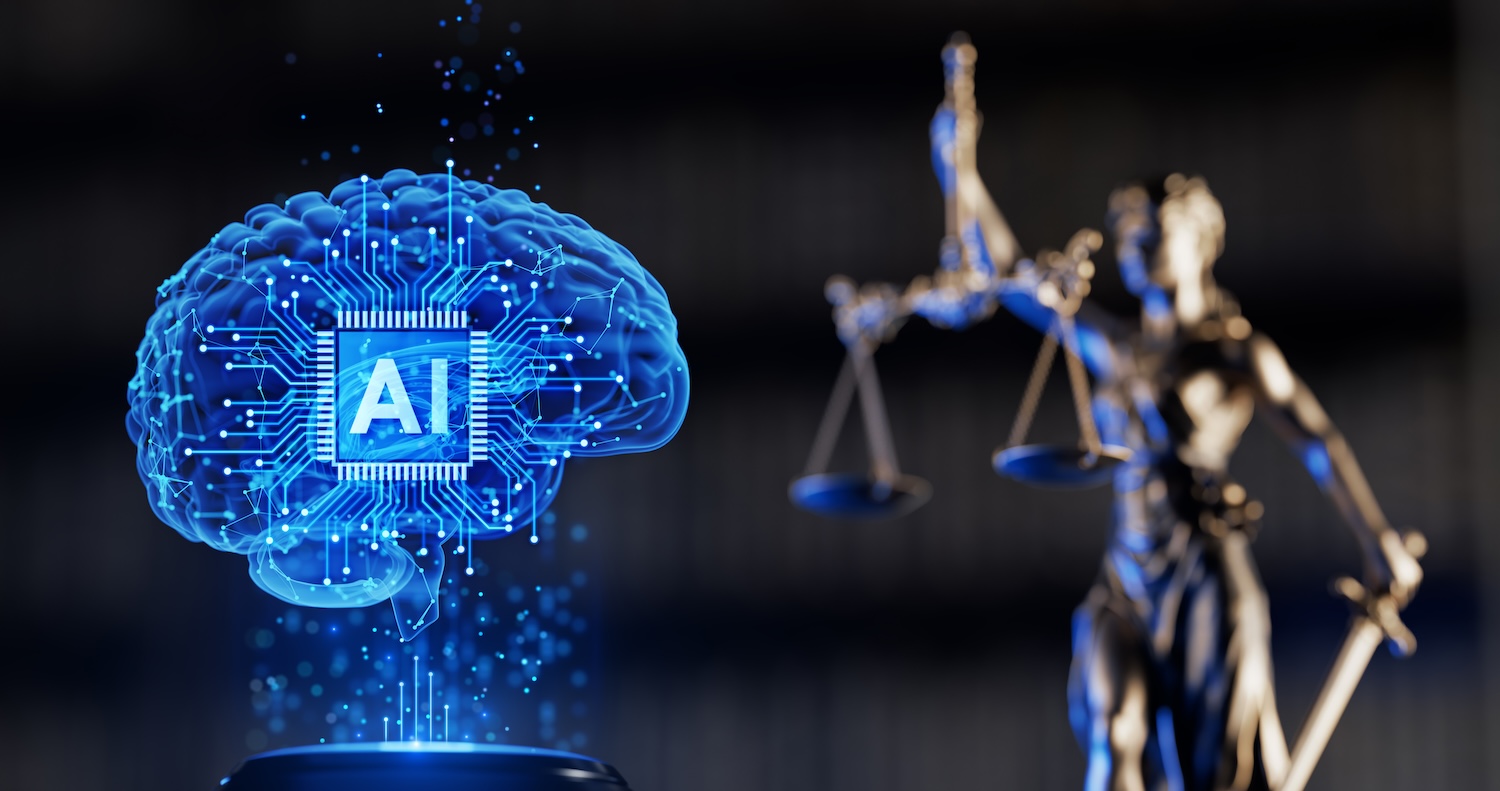The Pitfalls of Using AI to Write Legal Briefs: Why Human Oversight is Essential
In the fast-paced world of law, artificial intelligence (AI) has become an increasingly valuable tool for research, drafting, and document review. Many law firms now use AI-powered programs to assist in writing legal briefs, saving time and streamlining the legal writing process. However, while AI has its advantages, there are significant risks associated with relying too heavily on these technologies—especially when it comes to accuracy, case citations, and legal reasoning.
The Risks of AI-Generated Legal Briefs
- Misinformation and Inaccurate Case Citations
One of the biggest concerns with AI-generated legal briefs is the risk of incorrect or entirely fabricated case citations. AI programs work by analyzing vast amounts of legal data, but they don’t inherently understand the law the way a human attorney does. There have been instances where AI-generated briefs included cases that either do not exist or misinterpret key legal principles, leading to misleading arguments. Submitting briefs with inaccurate citations can result in serious consequences, including professional embarrassment, damage to client trust, and even court sanctions.
Example: An attorney at Morgan and Morgan, P.A. admitted to improperly utilizing AI in a filed motion on January 22, 2025 in Case No. 2:23-CV-118-KHR whereas he cited via ChatGPT cases that did not exist. The court ruled that all 3 attorneys be sanctioned and pay a fine totaling $5,000. – https://storage.courtlistener.com/recap/gov.uscourts.wyd.64014/gov.uscourts.wyd.64014.181.0_1.pdf
- Lack of Context and Nuance
AI is excellent at identifying patterns and processing large amounts of legal text quickly, but it often fails to grasp the nuances of legal arguments. The law is filled with gray areas that require careful interpretation, precedent analysis, and an understanding of how judges have ruled in similar cases. AI-generated briefs may lack the depth and strategic thinking that experienced attorneys bring to legal arguments.
- Ethical and Professional Responsibility Issues
Attorneys have a duty to provide competent representation to their clients, which includes ensuring that all legal documents submitted to the court are accurate, well-reasoned, and ethically sound. Relying too heavily on AI can create ethical dilemmas, especially if an attorney submits a brief without thoroughly reviewing it for accuracy and legal soundness. Courts have already begun scrutinizing AI-generated filings, and some attorneys have faced disciplinary actions for submitting flawed documents.
The Attorney’s Role in AI-Assisted Legal Writing
While AI can be a powerful tool, it should never replace human oversight in legal writing. Attorneys have a professional obligation to verify the accuracy of AI-generated content before submitting it to a court. This includes:
- Checking citations for accuracy to ensure that cases referenced are real, relevant, and correctly applied.
- Analyzing legal arguments to confirm that AI-generated reasoning aligns with applicable laws and precedents.
- Ensuring ethical compliance by reviewing all filings for potential inaccuracies or misleading statements.
How Avard Law Offices Uses AI Responsibly
At Avard Law Offices, we recognize the value AI can bring to legal research and drafting, but we also understand its limitations. That’s why we use AI only as a supplemental tool to enhance efficiency while maintaining the highest standards of accuracy and ethical responsibility. Every legal brief and document generated with AI assistance is meticulously reviewed by a licensed attorney before submission. This ensures that our clients receive the highest quality legal representation without the risks associated with AI-generated errors.
While AI has revolutionized many aspects of the legal profession, it cannot—and should not—replace the expertise and judgment of experienced attorneys. At Avard Law Offices, we are committed to using technology responsibly to better serve our clients while upholding the integrity of the legal system.

